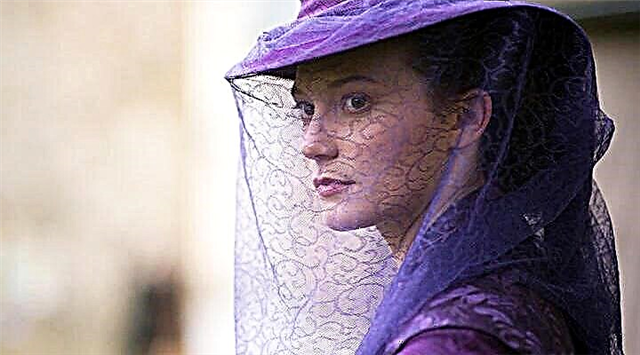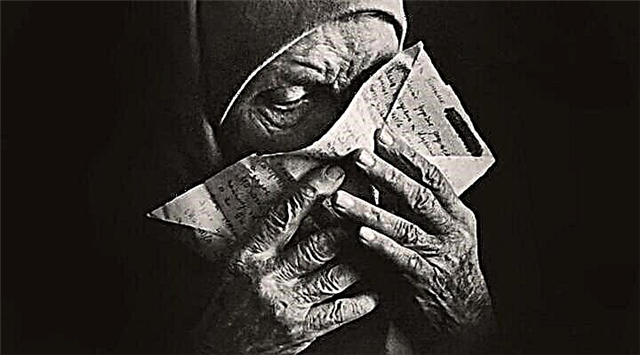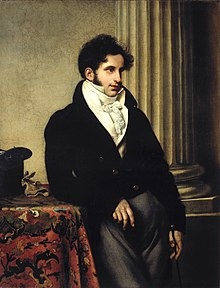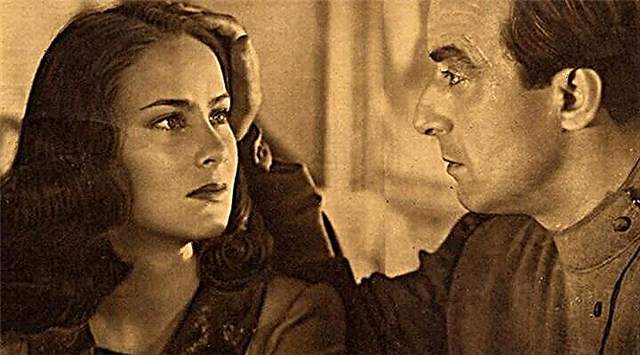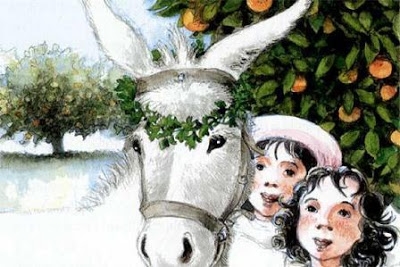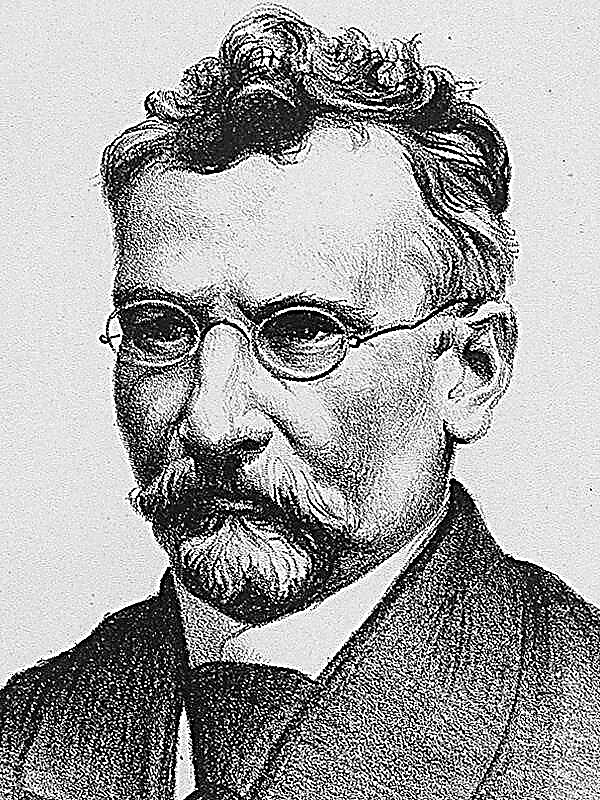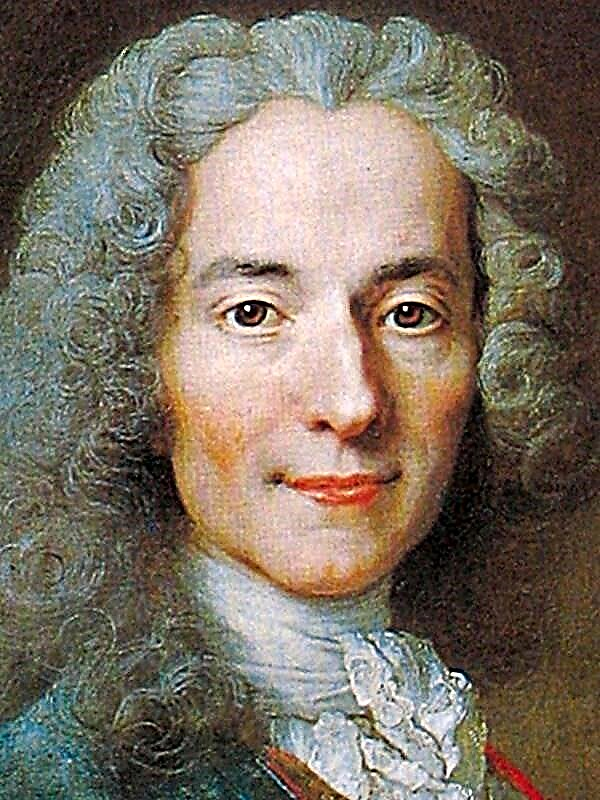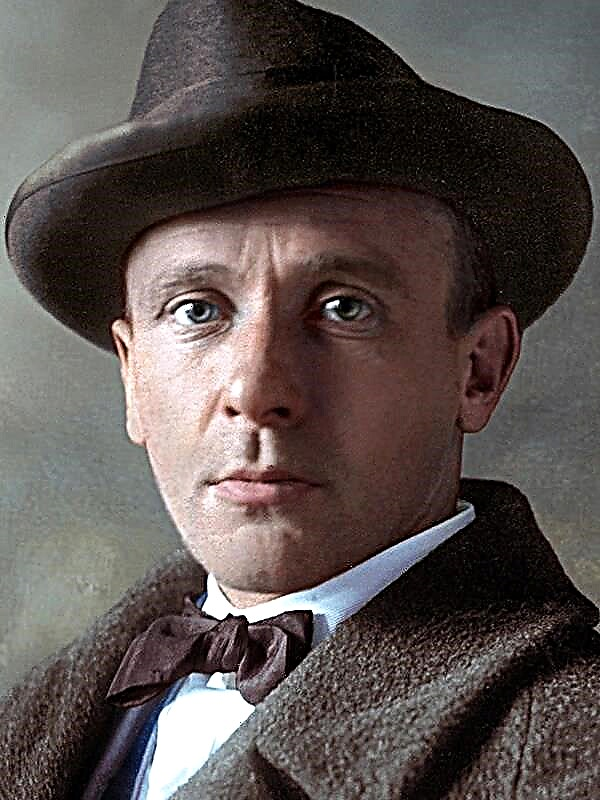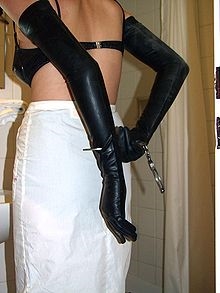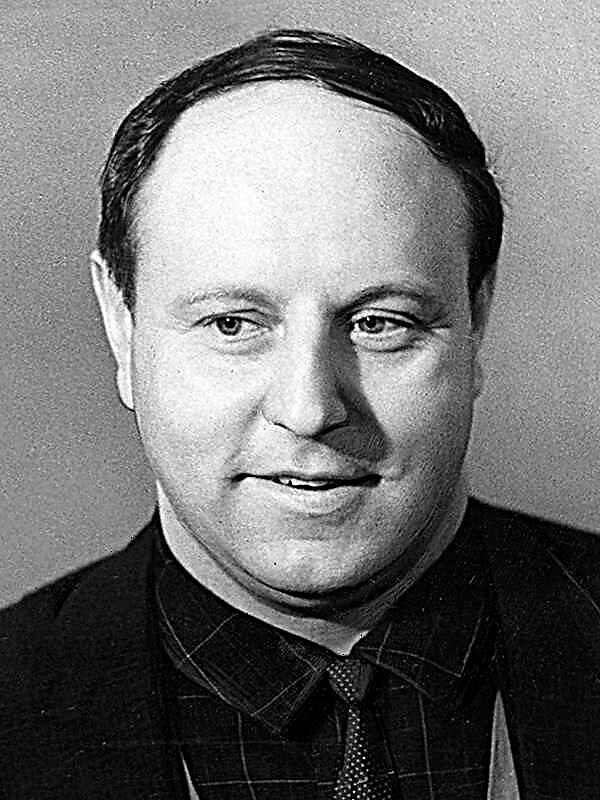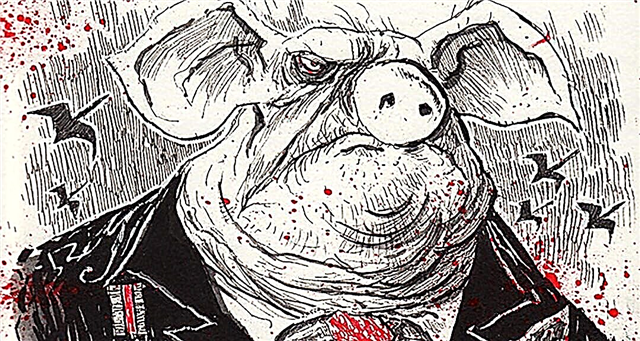The sixtieth Soviet poetess, writer and translator created her first texts already from school age, giving rise to her own unique style. She will live all her life in Russia, having died at the age of 73 years, the years of her life will be from 1937 to 2010.
A family
- Mother: Nadezhda Makarova Lazarevna, translator of security agencies, niece of Alexander Stopani, revolutionary and party-statesman;
- Father: Akhat Valerevich, customs chief.
The grandmother was engaged in raising the future in connection with the employment of parents. Father during the war years was called to the front, while little Akhmadulina and her grandmother were sent to evacuation, starting from Samara and ending with Kazan, along with her mother. There, in the rear, the girl went to school.
Education and creativity
Bella was poisoned by getting a higher education at the Literary Institute, from which she was expelled for refusing to support the persecution of Boris Pasternak, but, fortunately, was later restored.
The first in her portfolio was the poem "My Street is Which Year," which was most widely used among admirers. In the future, it will be used as a text for music in a romance performed by Russian singer Alla Pugacheva in one of the famous Soviet films.
Thanks to her good background (her parents occupied a high position), her career began in Literary Newspaper, as a correspondent and author of short stories On Siberian Roads.
Creation
Many lines from Akhmadulina’s works have been used in films, including the famous film “The Irony of Fate, or with Light Steam” in the replica “Along My Street”. In the archives of the filmography, screenwriting services for the films Chistye Prudy and Stewardess, as well as participation as an actress in the film Lives Such a Guy, for which she will receive the Golden Lion figurine, and the picture Sport, Sport, Sport . The bibliography compiles a weighty list of collections of her poems, poems, translations, short stories, essays and speeches.
The writer was not left without attention of significant figures in the literary world. Joseph Brodsky praised her work as a legacy of the Lermontosvsko-Pasternak line in relation to Russian poetry. Dmitry Bykov noticed the similarity of her work with impressionism in painting, which he explained by the continuous conscious blur in her lyrics. He also focused on the end-to-end “shame”, the constant theme of her poetry.
Later, in 2013, Vladimir Vladimirovich Putin will include a list of her works in the list of compulsory school curricula.
Personal life
The poetess has entered into several marriages in her life. It all started with the poet Yevgeny Yevtushenko, whose marriage lasted a year. After that, she became the wife of Russian journalist and screenwriter Yuri Nagibin. Her second marriage also did not last long, after which she took on the education of Anna, the adopted daughter.
With Eldar Kuliev, the third husband, the poet gave birth to a daughter, Elizabeth. The last marriage was with Boris Messerer, a theater artist, with whom she continued cohabitation in Peredelkino.
Death
At sunset, the poetess was overcome by illness. She was hospitalized in Peredelkino. Despite the quality of the operation, four days after the discharge she was gone.
Bella Akhmadulina enriched female poetry in Russia with her individual style and inimitable grace of lyrics. Her merits were recognized, she died, being in the halo of fame and well-deserved veneration. Anyone who was lucky enough to catch her alive can boast of acquaintance with the legendary man, whose name is already associated with Russian classics.

